Why is egg freezing becoming so popular?
The story of fertility preservation in a fast-paced world
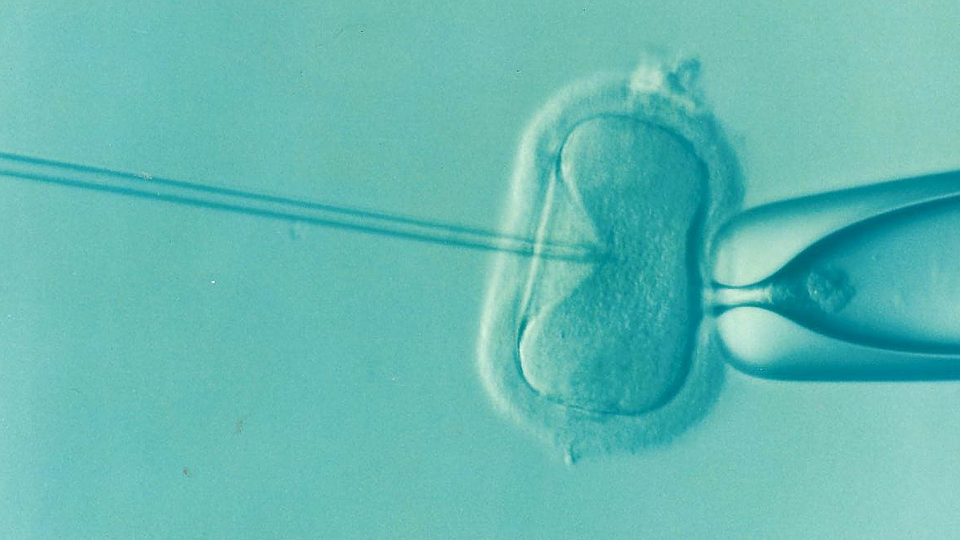
In the last ten years there is one fertility treatment in particular that has seen a dramatic surge in its uptake. That treatment is egg freezing.
While the growth of other fertility treatments, such as in-vitro fertilisation, has stabilised since 2017, the number of egg freezing cycles undergone every year in the UK has grown, and continues to grow, at a remarkable rate.
According to the Human Fertilisation and Embryology Authority (HFEA), which is the UK’s independent regulator of fertility treatment and research using human embryos, cycles of egg freezing have increased tenfold in the UK in the space of a decade, from just under 230 cycles in 2009 to almost 2,400 cycles in 2019.
Egg freezing’s growing popularity has even been reflected in mainstream media, as celebrities such as Love Island’s Amy Hart and The Only Way is Essex’s Jess Wright have spoken candidly about their decisions to freeze their eggs.
So why are we seeing this ever-increasing uptake in egg-freezing now? The answer can be seen as rooted in a combination of factors, that are split into two categories: the improvements in egg freezing technology, and women taking their fertility into their own hands.
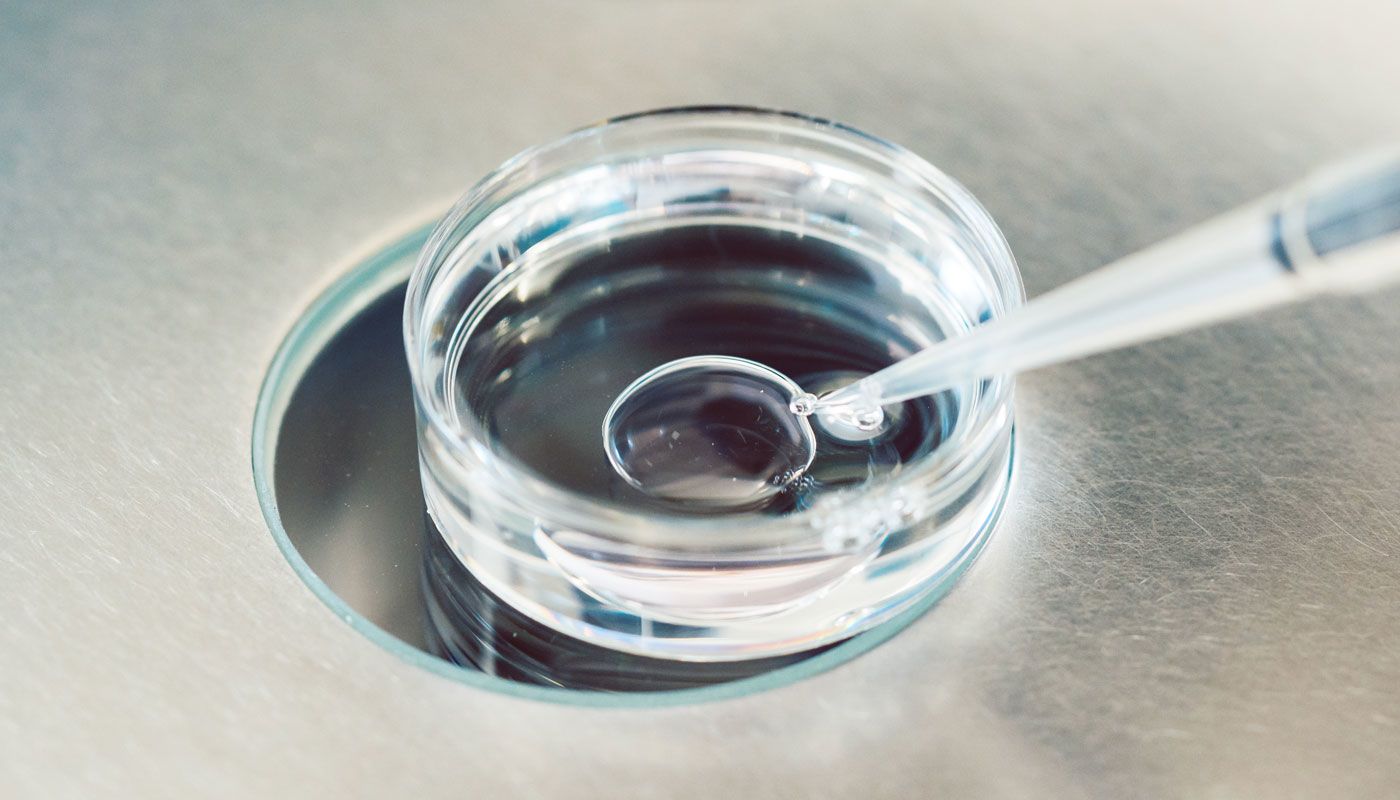
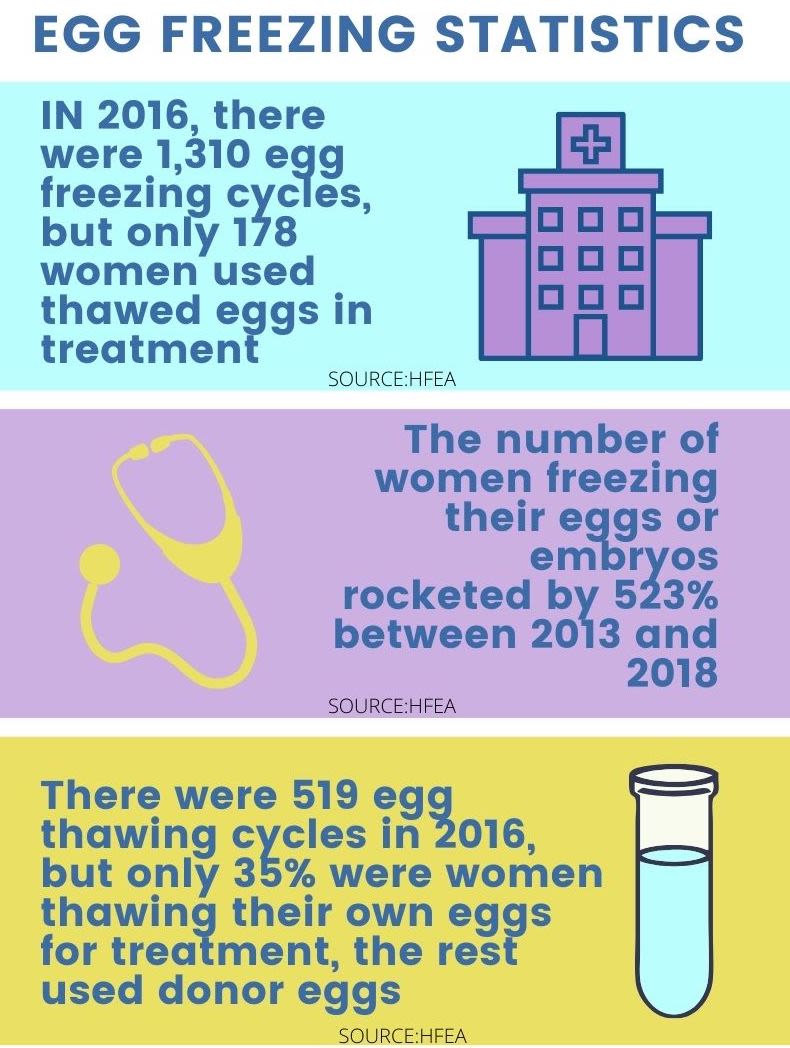
What is egg freezing?
Egg freezing is a method of fertility preservation, which allows for women to have children at a later date, if they so wish.
In this process, eggs are removed from a woman’s womb, frozen, and then thawed to be used in fertility treatment, when the patient is ready for pregnancy.
As a woman’s fertility naturally declines as she ages, due to the quality and number of her eggs falling, egg freezing can work to preserve fertility if performed when a woman is relatively young and fertile.
Evidence gathered by HFEA suggests that if eggs are frozen below the age of 35, the chances of a successful pregnancy using these frozen eggs is higher than the natural conception rate as the woman gets older.
There exists a complex web of reasons as to why more and more women are choosing to delay pregnancy. These may include waiting for the right partner, educational and career aspirations, and greater economic barriers.
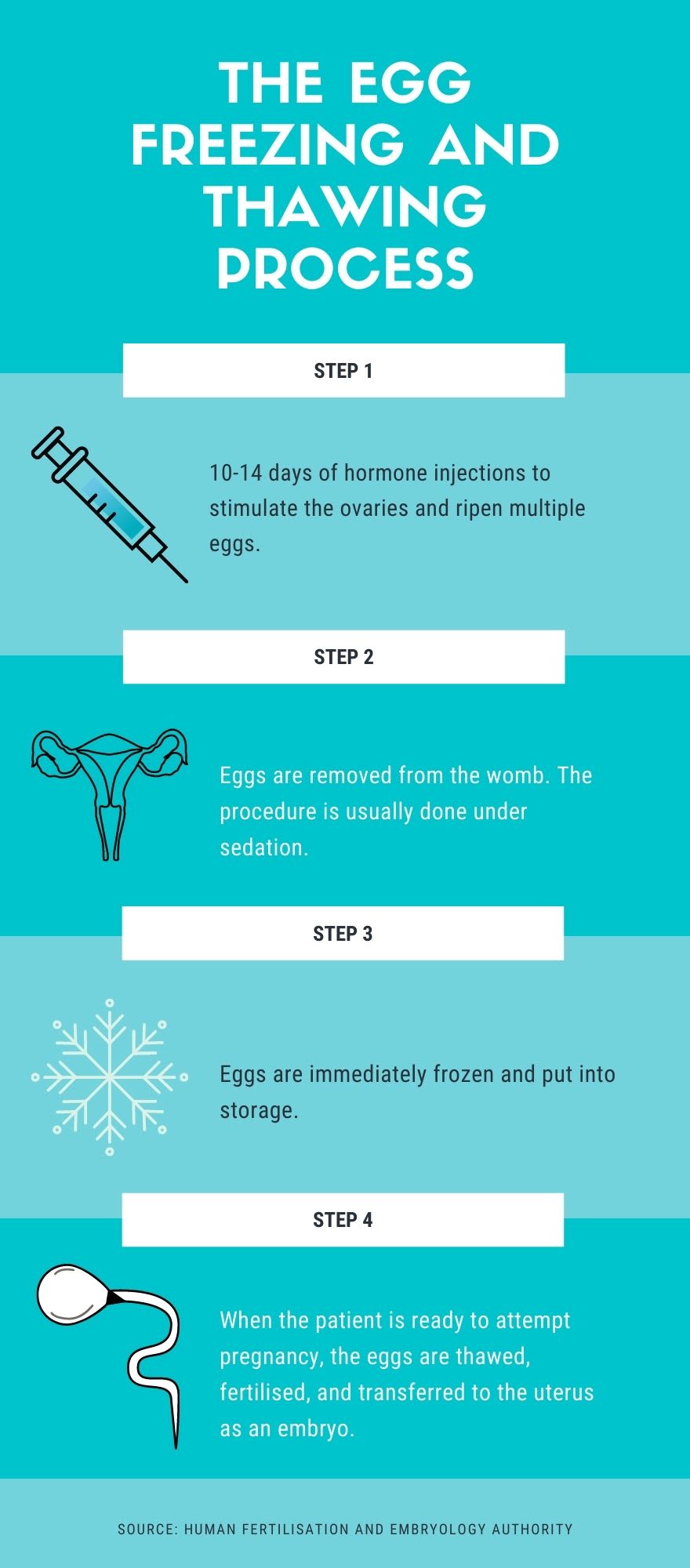
There are two categories into which egg freezing is split into: medical and non-medical. Although, non-medical egg freezing is more commonly known as social or elective egg freezing.
Social egg freezing is perhaps the egg freezing that comes to mind for most people when thinking of the treatment and the reasons behind it.
In this instance, women do not necessarily have a medical problem that increases their risk of infertility. They choose to freeze their eggs in order to help their chances of having a child later in life, when the quality of their fresh eggs will have deteriorated.
This differs to medical egg freezing, in which egg freezing techniques were originally developed for use.
The most common medical reason for egg freezing is for patients who are diagnosed with types of cancer that may affect their fertility.
However, patients who are undergoing gender reassignment or other conditions such as severe endometriosis may also choose to have medical egg freezing to preserve their fertility.
Social egg freezing is not NHS-funded, unlike egg freezing for patients undergoing medical treatment which affects their fertility.
As such, social egg freezing can be an expensive choice, and a path that is not accessible to all.
The average cost of a cycle of egg freezing can range between £2,500 and £5000, but this cost creeps up to £7000 to £8000 when taking into account the additional costs of storage, medication and the use of frozen eggs in treatment.
Dr Suvir Venkataraman
General manager of Harley Street Fertility Clinic

Dr Suvir Venkataraman has worked at the Harley Street Fertility Clinic for ten years and has been witness to the incredible rise of egg freezing.
Despite the Harley Street Fertility clinic being a relatively small practice, the number of egg freezing cycles undergone there has jumped from 20-30 cycles in 2015-2016, to now just shy of 100 a year.
Aside from the general awareness in society about the option of freezing eggs, Dr Venkataraman believes that a change in the way eggs are frozen has largely contributed to the impressive rise of this treatment.
Clinical use of a new method called vitrification has meant that eggs are damaged less in freezing than in the use of the previous method which slowly cooled down eggs to the temperature of liquid nitrogen.
Vitrification involves dehydrating eggs, removing as much water as possible from them, before they are snap-frozen.
Vitrification avoids a lot of damage to eggs when freezing and thawing, leading to far better survival rates than seen before its adoption.
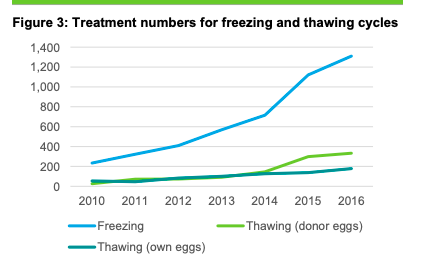
A graph from a HFEA report shows the increase in egg freezing from 2010-2016 compared to the number of patients coming back to thaw eggs
A graph from a HFEA report shows the increase in egg freezing from 2010-2016 compared to the number of patients coming back to thaw eggs
Dr Venkataraman added: “Previously, with the slow freezing technique, we'd see survival rates of about 30%, which is not that great.
“With vitrification, we can now confidently see survival rates over 90%. So it's a significant difference in the usefulness of this technique.
“At the clinic, we started to adopt vitrification in around 2015. And so that meant a big change in the number of people coming forward.”
When researching egg freezing it is also impossible to not come across the alternative fertility preservation method of freezing embryos.
With many women asking the question of whether they should freeze their eggs or their embryos, Dr Venkataraman explains that there are pros and cons to both options.
He said: “The pros of freezing your eggs are that you have the option of deciding whose sperm you're going to be using in due course. So it gives you flexibility.
“The drawback is that eggs don't survive and tolerate the freezing and thawing process as well as embryos.
“I quoted you a figure of about 90% plus of survival rate for eggs. However, for embryos, it's about 99%."
Watch Dr Venkataraman explain the technology behind the rise of egg freezing and what he expects to see in the future
With egg freezing on the rise it came as good news to many women who have their eggs in storage to hear that Parliament passed a bill last year to change the maximum number of years eggs are allowed to be stored, from 10 to 55.
Initially, this 10 year storage limit was changed to 12 years due to the pandemic. Prior to this bill, it was also only people who could prove they were prematurely infertile that were able to freeze their eggs for 55 years.
This distinction has now been scrapped, and it is hoped these new plans will become law soon.
Dr Venkataraman added: “The samples are essentially, we believe, good indefinitely. When stored in liquidation, there have been no signs of degradation in long-term studies.
“These guidelines on how long people could store samples were decided upon by Parliament when they weren't sure about the technology, and they were quite cautious.
“They also were thinking, what would be an appropriate amount of time for people to store their samples? And, you know, society has moved on, so we're hoping that the law does get changed, and people have their samples for longer.”
The impact of the pandemic on egg freezing has not only been reflected in storage limits.
It has led a greater number of women and couples to think more about their fertility and whether now is the time to act to preserve their fertility.
On the flipside, Dr Venkataraman explained that he saw a number of patients who had originally come forward for treatment, withdraw due to job uncertainty or redundancy.
He said: “I think the pandemic made a lot of people reflect on their lives and what they wanted to do. So we had a lot of patients come forward.
“We also had some people who were planning to have treatment with us, be it egg freezing, or IVF, or whatever it was, who sort of decided to put it on hold, because they may have lost their jobs, or they weren't certain about their jobs."
Harley Street Fertility Clinic regularly shares the news of when their patients welcome a child having undergone fertility treatment
For women who encounter fertility problems, due to conditions such as Polycystic Ovary Syndrome (PCOS), preservation of fertility may seem out of reach and an option that is not worth much thought.
PCOS is a common condition that affects around one in ten woman in the UK.
It affects how a woman's ovaries work, causing them to become enlarged and contain fluid-filled sacs which surround the eggs.
It can also cause irregular periods which means ovaries do not regularly release eggs.
This can lead women to having difficulty getting pregnant.
But, there remains a chance that egg freezing can be successful for women with PCOS.
Dr Venkataraman emphasised this, as he said: “We can handle egg freezing for women with PCOS.
"The treatment itself is a bit more challenging from our side in terms of management and the outcome is not necessarily as good as in women who don't have PCOS. You might get slightly fewer eggs.
“But it's still a good option. And it's definitely worth looking into.”
When asked whether he would recommend egg freezing to women in general, Dr Venkataraman expressed that although his short answer is ‘yes’, he prefers to encourage women to be aware of their fertility and take charge of it.
He added: “Have an idea of your fertility and keep an eye on things. In the same way that we recommend women have mammograms or checkups for various other issues, we would recommend having a checkup for your fertility, perhaps in your late 20s or early 30s.
“If there is a family history of premature infertility or something similar, then you might need to take action sooner. It's something we recommend, and the first time you do a checkup, it involves a couple of tests, but it's quite straightforward.
“Freezing your eggs is a good option before your fertility starts to decline because one of the things that we see quite commonly really is women coming to us in their late 30s, saying, I haven't got around to having a child or finding the right person. I'm not ready. And now I want to freeze my eggs.
“We say, okay, we will help you, but that's less than ideal because by that age, typically, their fertility starts to decline.”
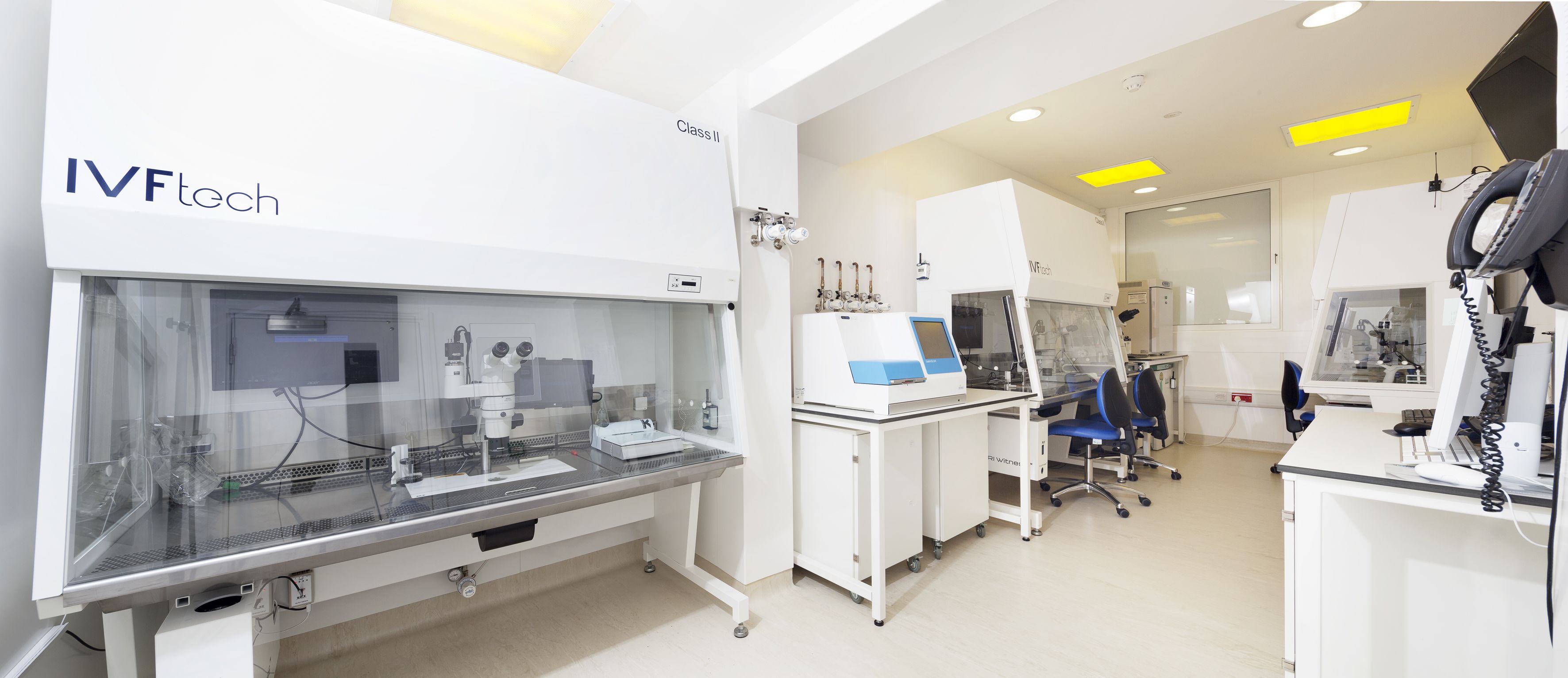


Sophia's Story
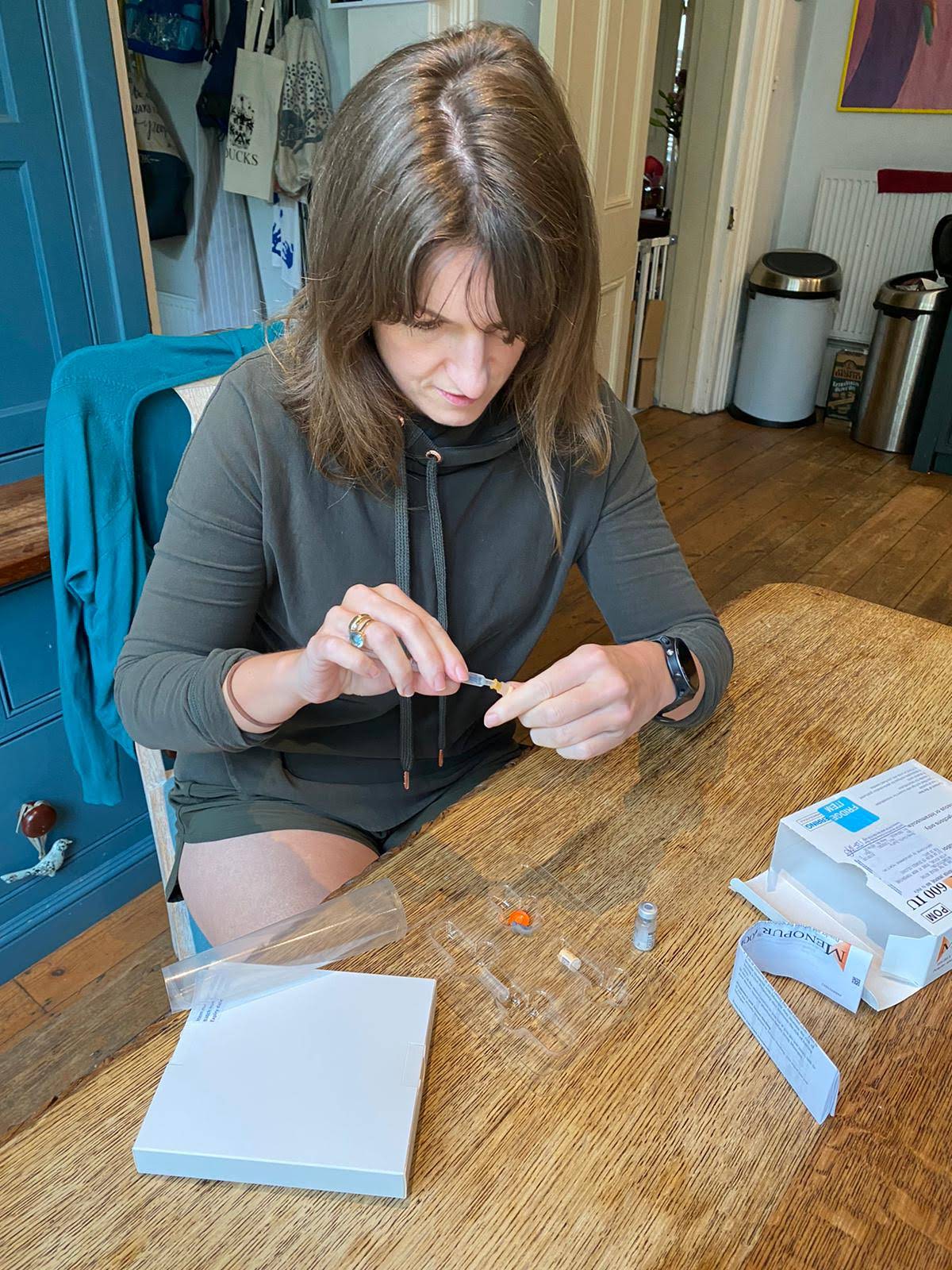
Sophia Money-Coutts is a 37 year old author, journalist and host of the podcast ‘Freezing Time’ where she talks candidly about her journey with undergoing egg freezing at the age of 35.
Speaking from Cape Town, where she is currently working on her next book, she explained: “It actually took me quite a long time to decide in favour of it, that was actually the hardest part.
“Deciding that it was the right thing for me took about a year and a half, because I think for any woman who is in her mid 30s, choosing to have egg freezing means accepting that you might not be where you thought you might be in life.
“When you're younger you might have envisaged already having another half and already having children. And yet here you are having to already think about your waning fertility, and try and decide what to do to mitigate that. So yeah, that was the hard part.
“And the reason really was that I was 35, single, and had broken up with my ex about a year before. I'm terrible with breakups, it was awful. I was really heartbroken for a long time.
"And then I just decided I didn't know if I definitely wanted children. I still don't, I'm now 37. I'm still very on the fence, but what if I get to 50 and I regret not having children?
“I therefore thought, okay well, I'm going to investigate egg freezing and see if it is a total con or if it might help.
"I decided having done some research and gone to some open evenings - most clinics now offer open evenings - that the stats for me for me at the age of 35 were good enough to do it.”
However, with egg freezing being a relatively new fertility treatment, there is not a vast amount of data available on its success.
Many women who have undergone a cycle of egg freezing have not yet been back to thaw their eggs, making it difficult to determine the exact success rate of this method of fertility preservation.
Sophia rejoiced at the news of the storage limit for frozen eggs being raised to 55 years
Sophia found this when doing her own research on egg freezing, but explained that she was able to retain a positive outlook through recognising that every woman’s experience and fertility is distinct.
She said: “Lots of people are very fond of quoting the failure rate of egg freezing. There are various problems with the science and the numbers with egg freezing at the moment. Not enough women have necessarily come back to use those eggs that they froze. So there just isn't enough data.
“Another problem is it's very specific to the individual. When I froze my eggs I was very lucky. In one round, I got 22 eggs, which at my age gives me a really good shot. I think it's somewhere between 80-85% of a baby from one of those eggs.
“The trouble with a lot of egg freezing statistics is that they lump in women who are my age with women who are say 40. That completely skews the statistics and can make them look very bad.
“So I always say to women who are considering it, try not to get too bogged down with the numbers and some of the research that you will find on forums and online. Because really, you have to look at your own individual situation.
“And before any woman has freezing, she will also have a series of tests just to check out where her hormone levels are and what her ovary reserve looks like. So by that point, you should have a relatively good indication of how many eggs you might be expected to get.”
Sophia also read various books before making her decision, stressing how highly she thought of In Her Own Sweet Time by Rachel Lehmann-Haupt.
She said: "It made me feel so comforted about the process. As a woman in your mid 30s, you can feel like every single person in your friendship group is settling down, having babies, and you're not, and you can feel like a freak.
"And that can be very sad and you think, 'well why isn't it me?' But reading about other women's experiences is very helpful."
Once Sophia made the decision to freeze her eggs, she was faced with choosing the right clinic for her.
For a procedure that can hold such emotional weight for a lot of women, selecting the right clinic may seem a daunting task. But, Sophia emphasises that going to the egg freezing open evenings of various clinics helps in making the decision.
She added: “The way that I decided on my clinic was largely because a friend of mine had been there. It was the Lister Clinic in London, the Lister Hospital, but they have a very, very good fertility team.
“I went to the Lister egg freezing open evening and it was the best one I went to and the stats were brilliant.
“The doctor, Dr. James Acropolis, who I subsequently developed quite a serious crush on, was brilliant.
“And I had many questions about the whole thing. I asked him the same questions over and over again, such as is it better to freeze eggs or freeze embryos. But he had so much time for everyone in that room and was really brilliant.
“I would also recommend women ‘shop around’ - a hideous term ‘shop around’ - look around. I think there are better clinics than others and I think you get less scrupulous clinics, offering sort of package deals for less money.
“But you really want to go somewhere that isn't going to boost you with so many hormones just purely to get the highest number of eggs. They’ve really got to look at your own individual situation and look after you.”
Watch Sophia talk about how she found the process of freezing her eggs on an emotional level and what the operation entailed
With almost all fertility treatment being provided through private clinics, treatment is not inexpensive, with Sophia paying approximately £5000 for her cycle.
In interviews she conducted with doctors and nurses for her podcast, the medical professionals hoped that the cost would decrease as more women opted to freeze their eggs.
With costs being so high, ‘egg freezing tourism’ has made its way onto the scene. The term is used to describe travelling to other countries to freeze one’s eggs due to the cost being lower than the place in which they live.
Sophia explained: “A lot of women, because it's so expensive in the UK, travel abroad to have it done. Spain's quite a big one actually, or Thailand. I know someone who went to Thailand to have it done.
“I wouldn't recommend necessarily getting involved in that because then you're in a weird situation where your eggs are potentially in a whole different country and the laws regarding getting your eggs back to the UK, or wherever home is for you can be quite complicated.
“And also eggs don't like travelling. They don't really want to be schlepped around the world. You want to look after them.
“But cost is high and that is a problem. I know that there are lots of pressure groups trying to encourage the cost of all sorts of fertility treatments to come down. But I guess that's just a work in progress at the moment.”
Despite this, Sophia is mostly hugely in favour of egg freezing being on the rise.
“I think that anything that gives women choice is a brilliant thing. Egg freezing gives women greater flexibility and anything that makes women sort of panic less and feel like they have to settle down with the nearest guy at a certain age is a good thing in my book.
“I see that all the time with female friends worrying and marrying potentially the wrong people because they're so freaked out about having children and worried they're going to miss the boat if they don't marry this guy who's here now. So I'm mostly very in favour of it.
“I've heard quite mad numbers about the rise in egg freezing since the pandemic because for women in their mid 30s, the past two years have been very difficult meeting people.
"It's not an ideal scenario. And I do worry that some women may think egg freezing is a guarantee, but it's not. It's helpful. But it doesn't necessarily mean you will have a baby in the end.
“But on the whole, I think if you do your research, and you really feel like it's the right thing for you, and you can afford it, then like I said, for me, it was totally the right call.”
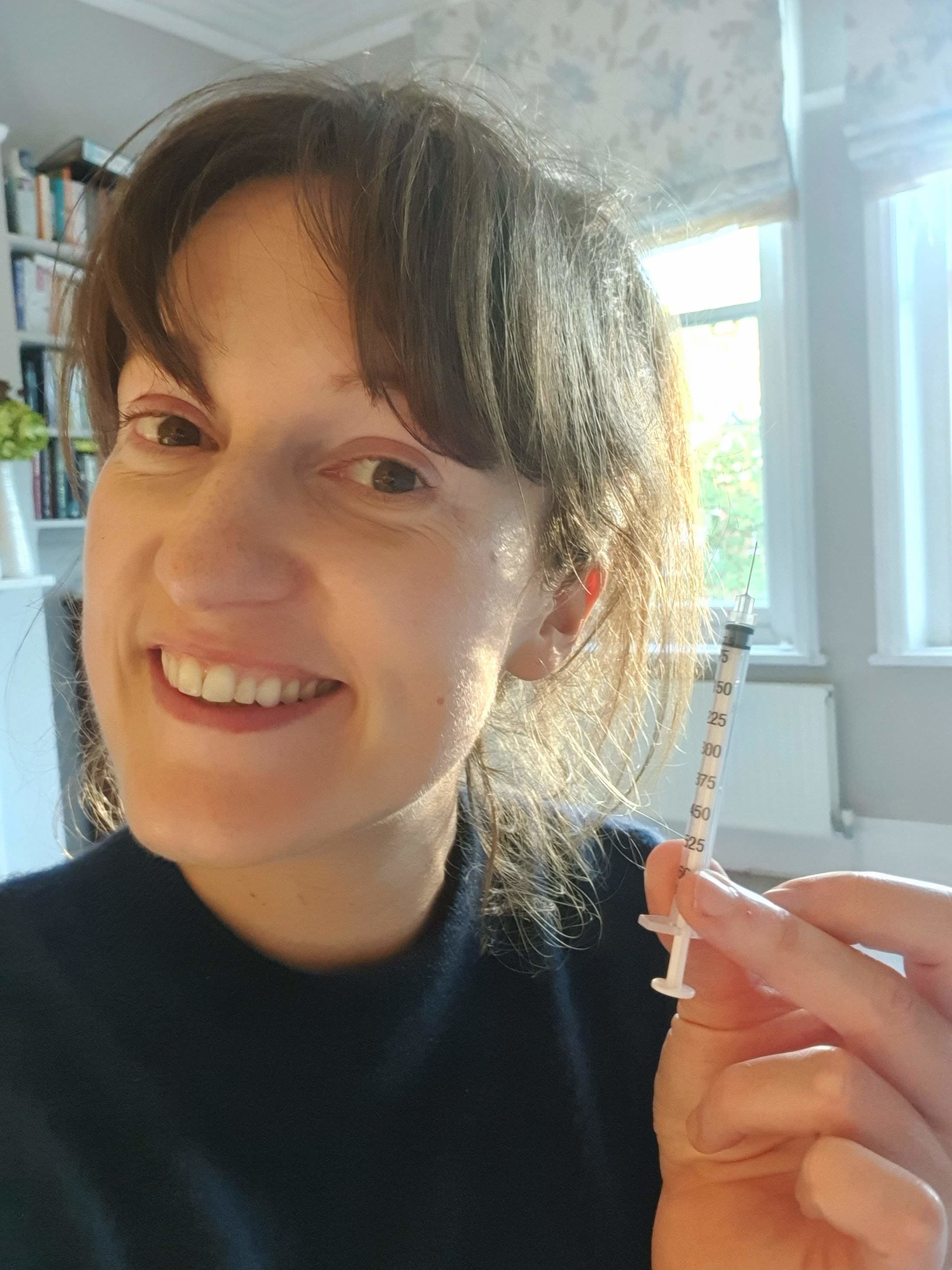
Sophia froze her eggs at the age of 35
Sophia froze her eggs at the age of 35
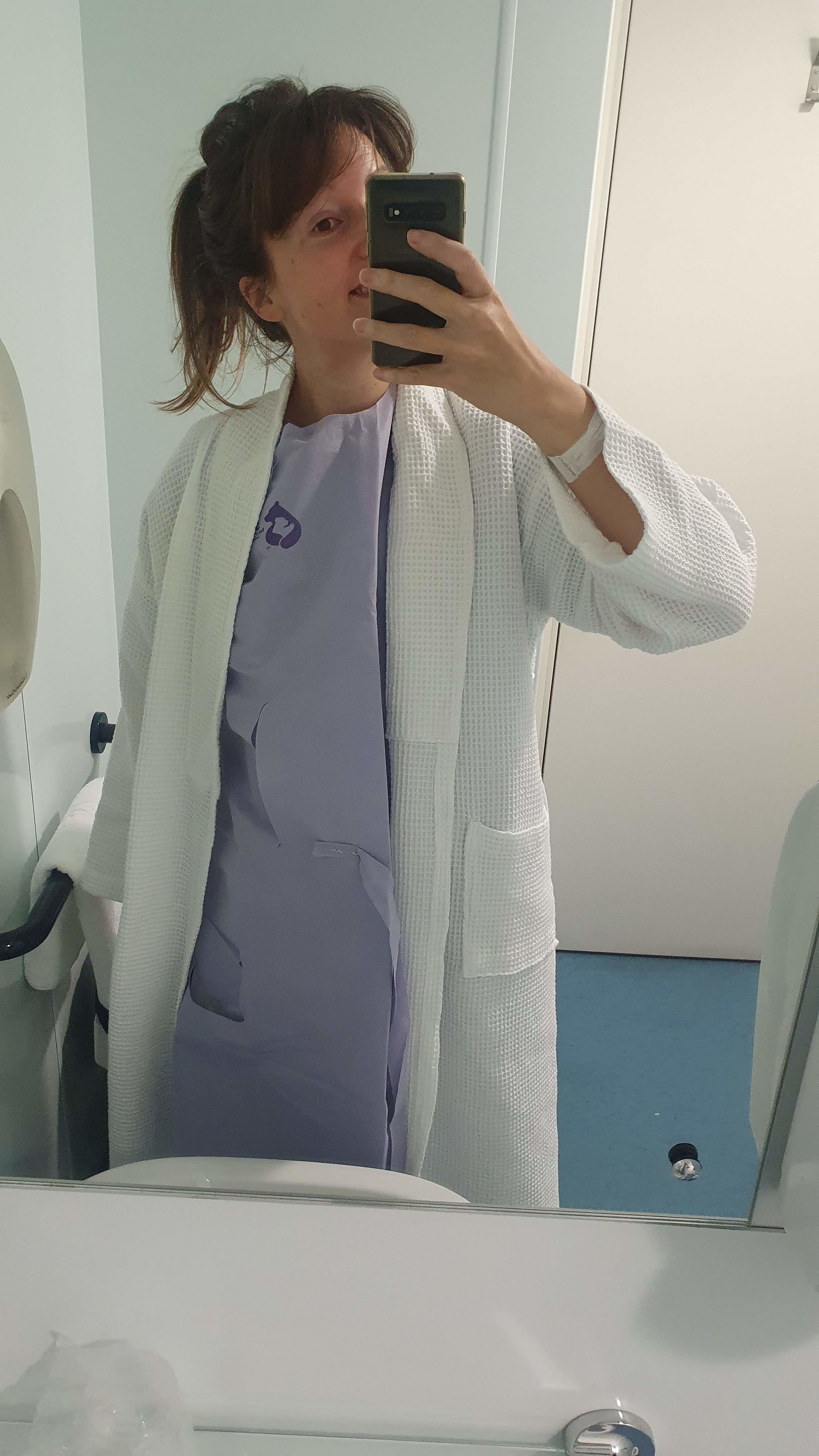
She chose to freeze her eggs at the Lister Fertility Clinic
She chose to freeze her eggs at the Lister Fertility Clinic
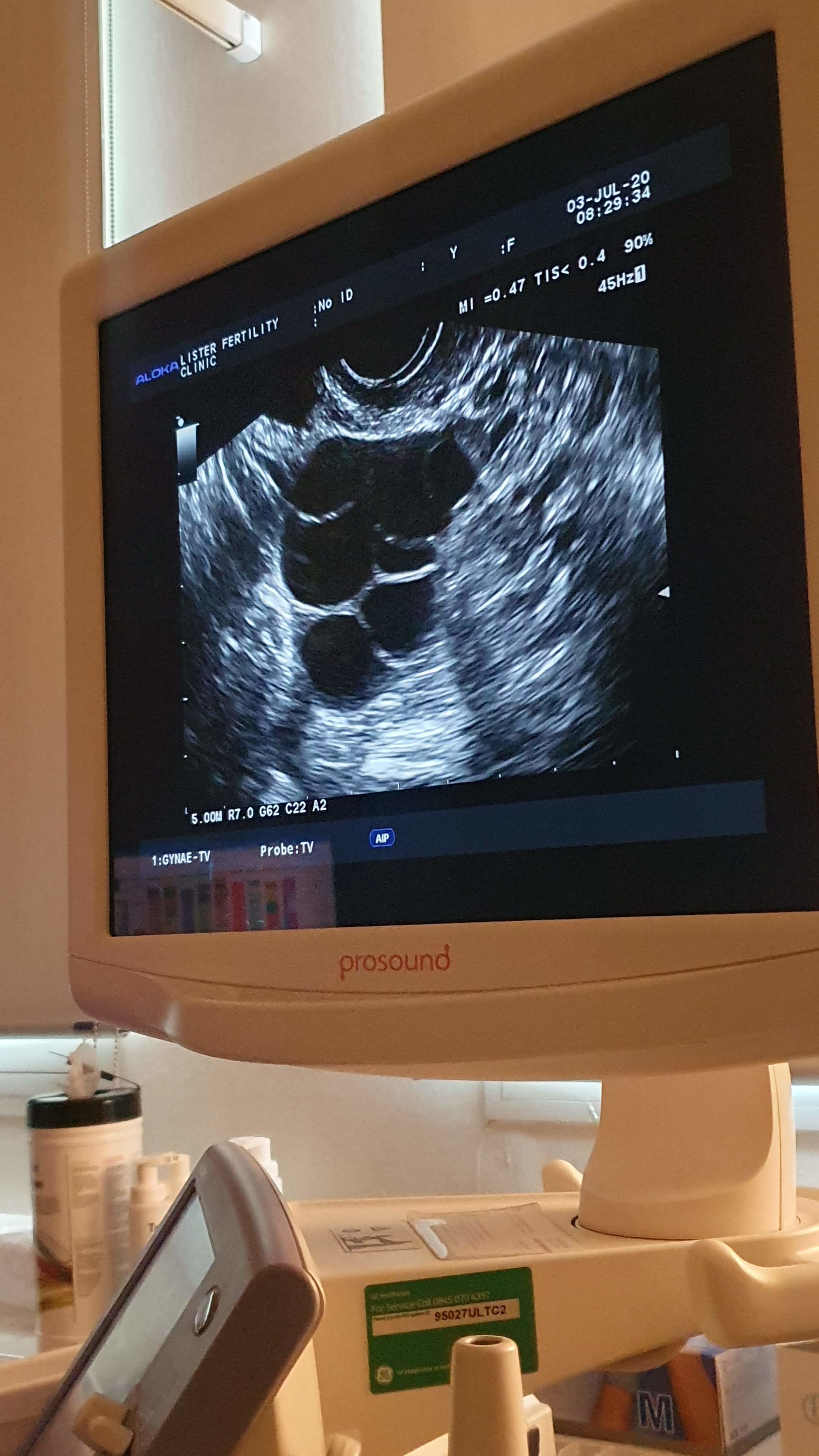
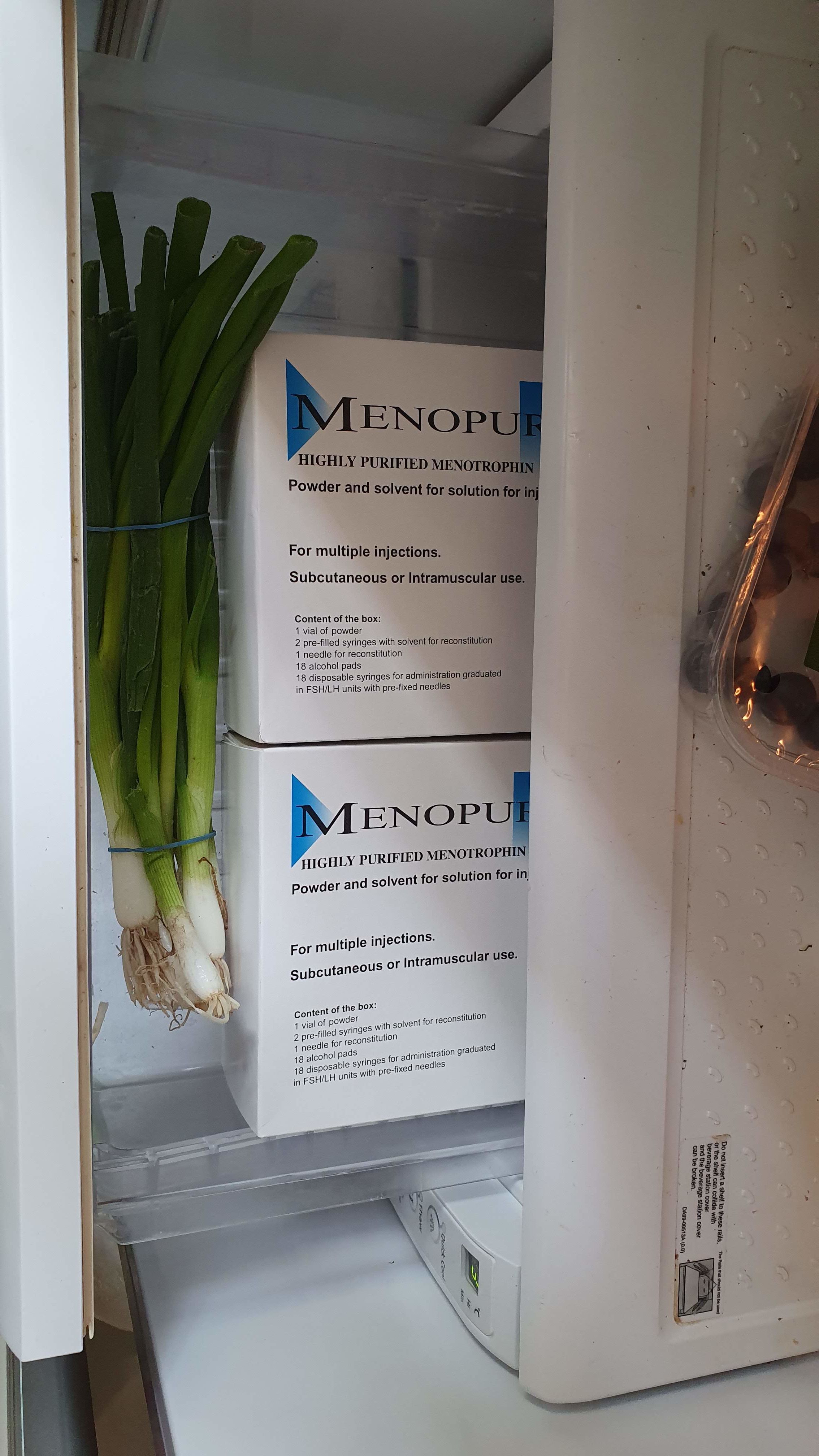
Women undergoing egg freezing must take hormone injections before their operation
Women undergoing egg freezing must take hormone injections before their operation
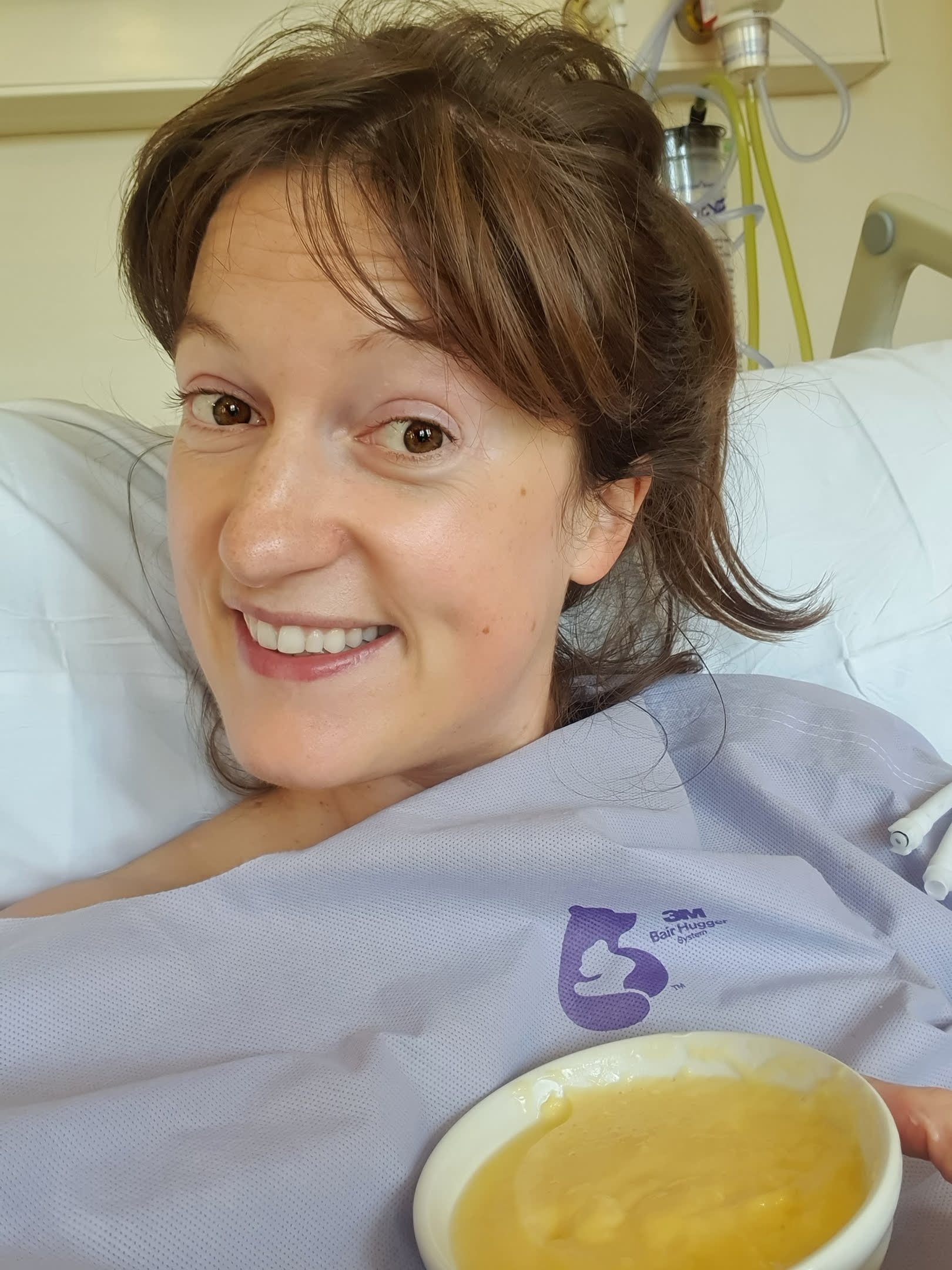
Image credits: 1. Max Pixel, 2. The Lister Fertility Clinic, 3-6. Harley Street Fertility Clinic, 7-12. Sophia Money-Coutts
